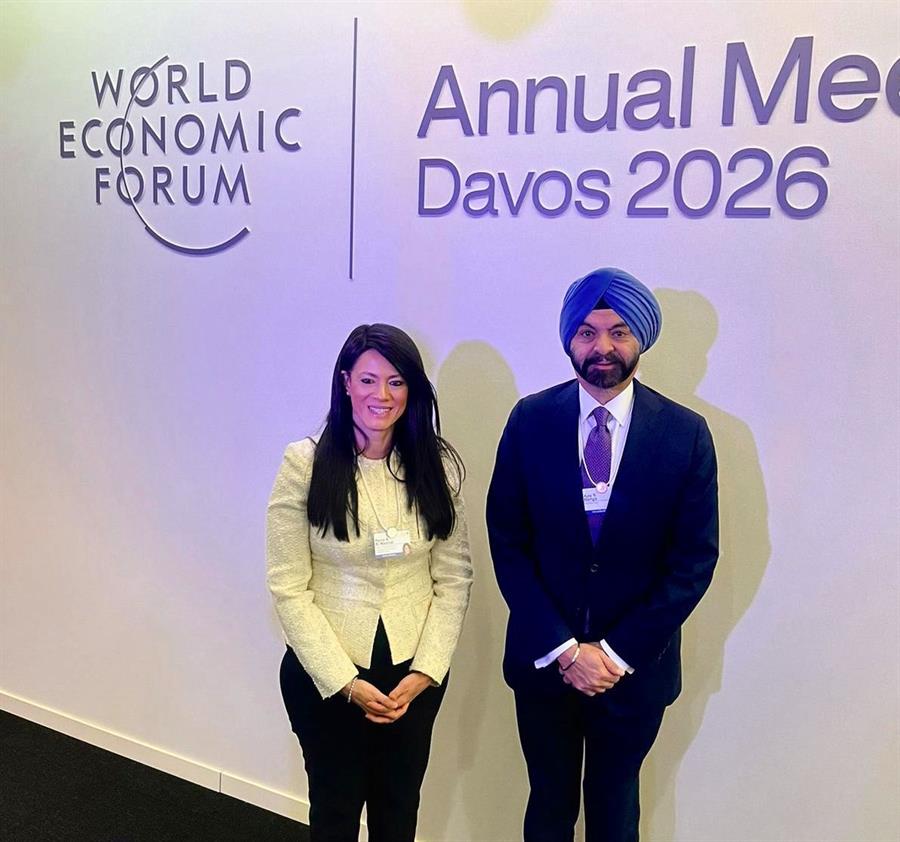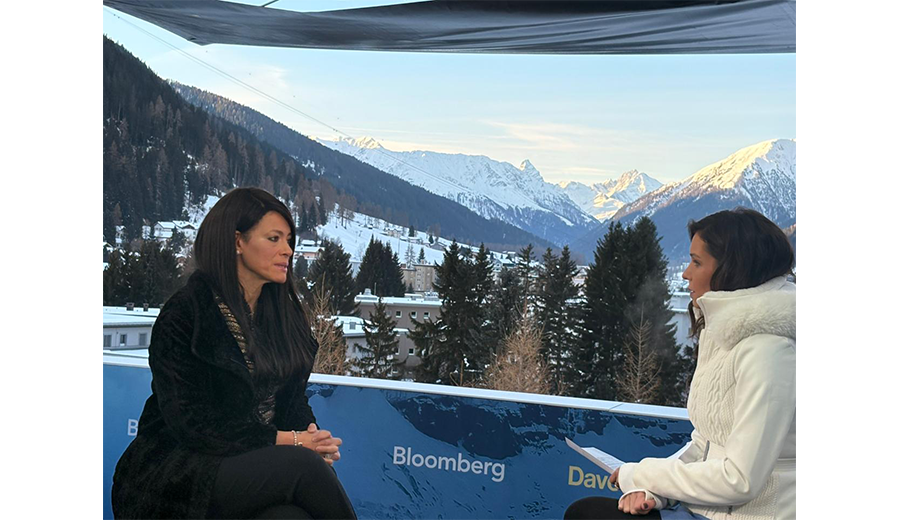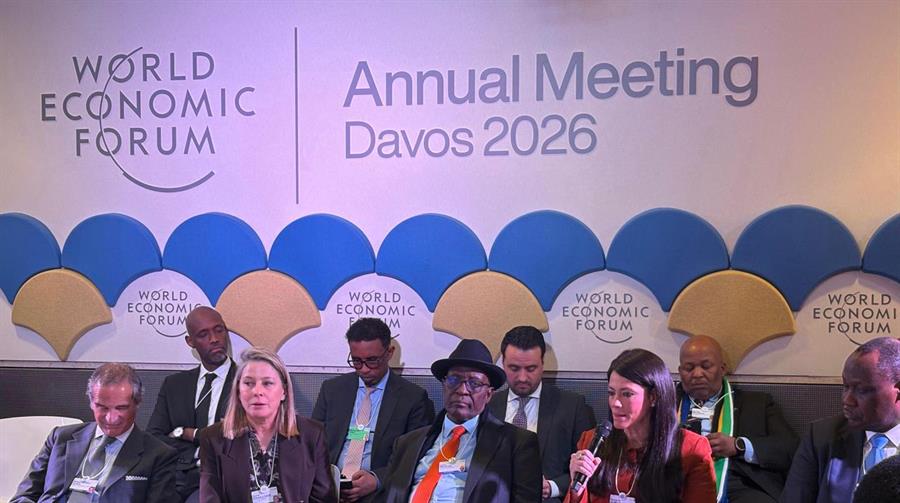Planning Ministry, NIB delegations follow up on the executive position of the FY 2022/2023 investment projects in Giza

25 February 2023
A high-profile delegation from Egypt’s Planning and Economic Development Ministry and the National Investment Bank (NIB) visited recently Giza Governorate to follow up on the executive position of the governorate's investment plan for the fiscal year (FY) 2022/2023.
H.E. Dr. Hala El-Said, Minister of Planning and Economic Development, also serves as Chairperson of the Board of Directors of the National Investment Bank (NIB0 which is a state-owned bank.
The Ministry's delegation was headed by Dr. Heba Mogheeb, Head of the Regional Planning Sector, and the Bank's delegation was headed by Mr. Sayed Zakaria Al-Bahi, Senior Undersecretary and Supervisor of the Local Administration Sector.
During the visit, the delegation met with Major General / Ahmed Rashid, Governor of Giza, and Major General / Shaker Younes, Secretary General of the Governorate. They also met with officials in the governorate.
The Giza governor praised the efforts of the Ministry of Planning and Economic Development in providing the necessary funds to implement the investment. Moreover, he praised the additional funds for the governorate, which will allow all projects to continue progress.
For her part, Dr. Heba Mogheeb referred to the efforts of the Giza Governorate in implementing the investment plan. This must be the highest implementation rate for the projects in the investment plan, according to Mogheeb.
Mogheeb praised the governorate for obtaining 100% of the Performance Excellence Incentives Initiative in Public Investment Management at the local level.
The visit included follow-up on projects for paving separate roads in the centers and cities of the governorate, mechanical campaigns, electricity and lighting projects, in addition to projects to support local units.









